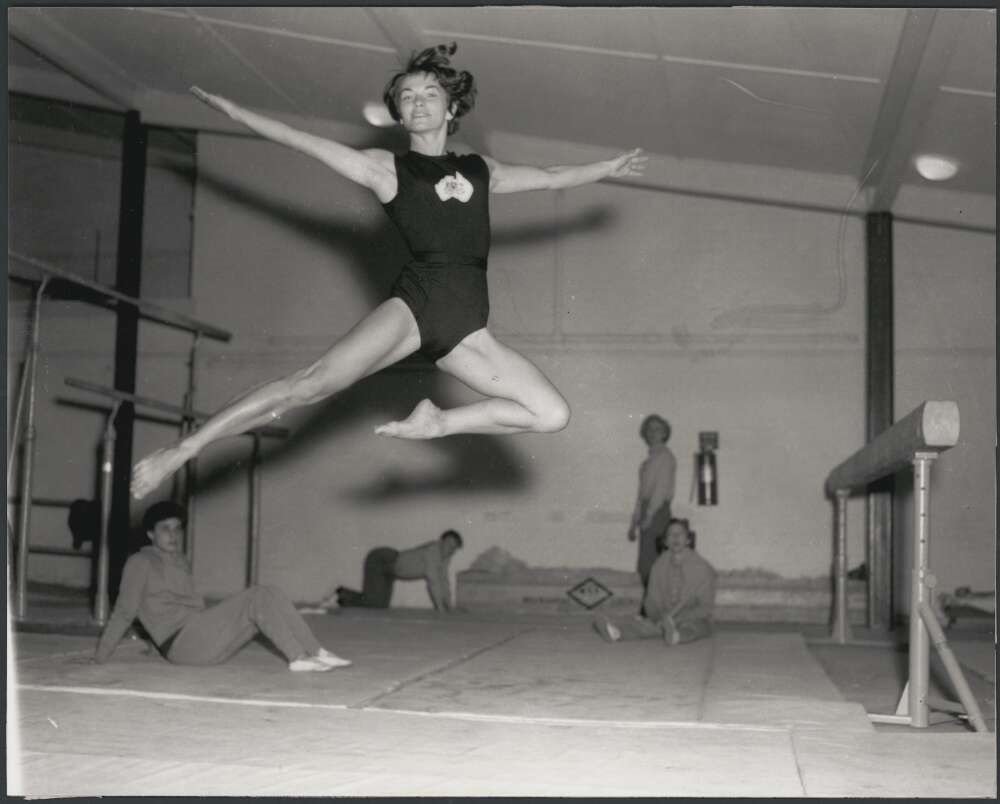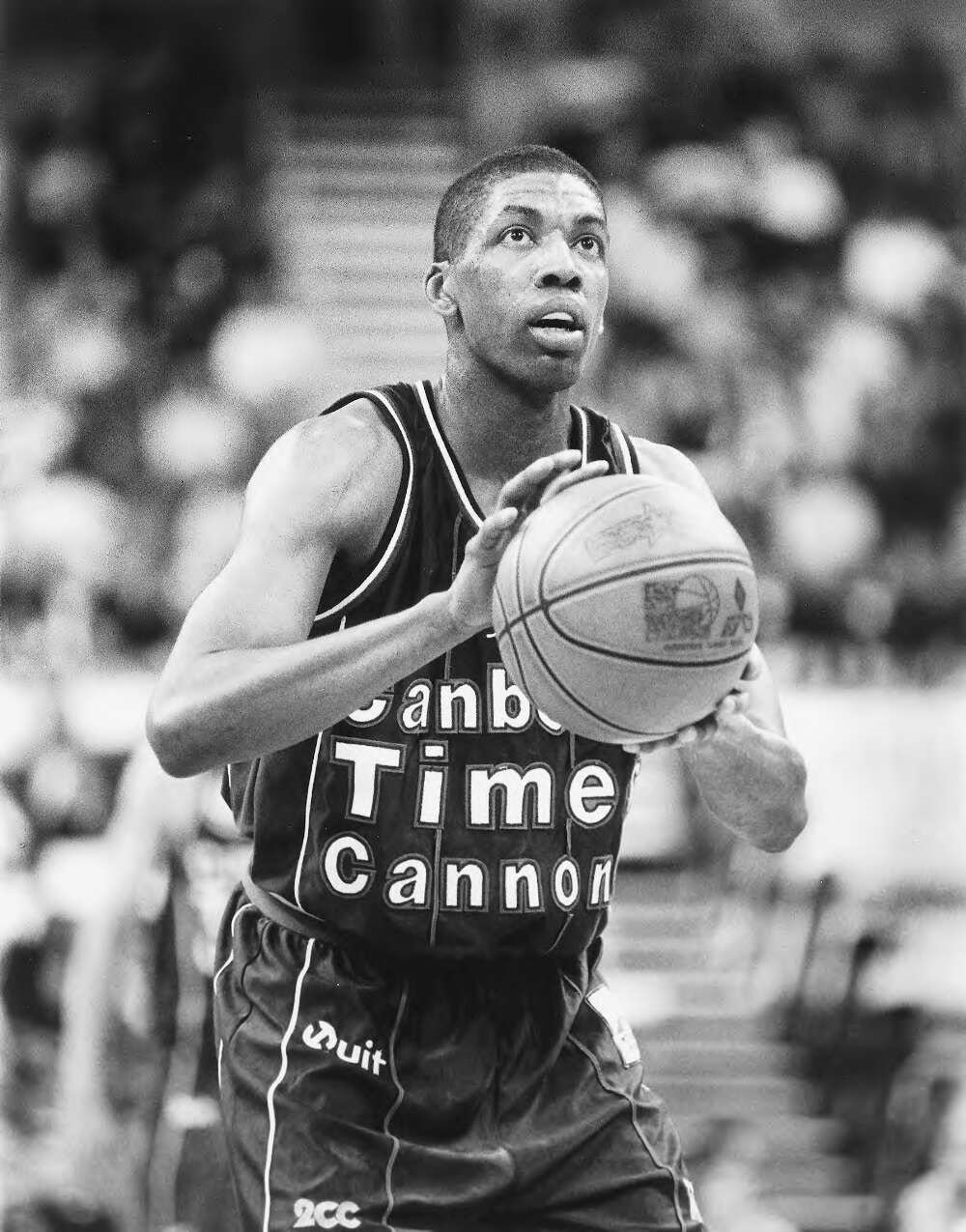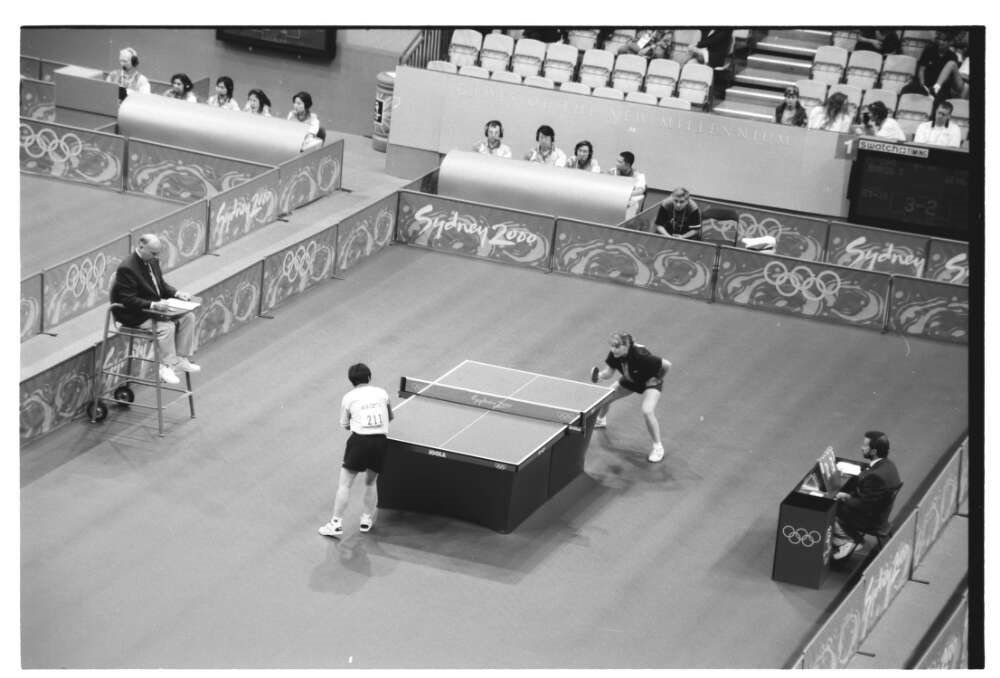

Trove
You can use Trove to trace the history and impact of immigrants on sport in Australia. Search digitised sporting newsletters and magazines such as the Rugby League News to find articles like this one All nations in big schools gala from 1964 discussing the growth in kids from multicultural backgrounds playing rugby league.
cultural advisory
Aboriginal and Torres Strait Islander people are advised that this resource contains a range of material which may be considered culturally sensitive, including the images and records of people who have passed away.
Some material in our collections contains terms that reflect author’s views, or those of the period in which the item was written or recorded but may not be considered appropriate today. These views are not necessarily the views of the National Library of Australia. While the information may not reflect current understanding, it is provided in an historical context.
Not sure where to start?
Australia has a long history of migration from many different places. With new people and cultures come new ideas and a significant immigrant contribution to Australian sport and society.
Immigrants have been particularly prominent in sports such as soccer, basketball, volleyball, water polo and weightlifting. They have also contributed significantly to skiing, shooting, swimming, athletics and gymnastics. It took time, but other sports, such as cricket and other football codes have also benefitted.
Historically, the immigrant contribution to Australian sport has been understated and undervalued. However, increasingly there is greater recognition that sportspeople of ethnic backgrounds have made a major contribution both nationally and internationally.
You can find a range of material on sporting immigrants in Australia at the Library, including books, journals, newspapers, pictures, oral history interviews and online databases.
Using the catalogue
Quick search
Use the catalogue standard search to find titles, authors, or subjects.
- If you get too many results, use the Limit your search options (at the right of the results page) to display only the items of interest. e.g. audio (oral histories) or manuscripts
- If you need to widen your search, click on subject headings in an item’s catalogue record to find other material related to that subject.
Examples of subject searches you can try include:
Minorities in sports – Australia
Immigrants - Australia – Recreation
You can also search for specific sports e.g.
Basketball – Australia – [State/territory]
Skis and Skiing – Australia – [Periodicals] – [History]
Selected works
- Sporting immigrants: sport and ethnicity in Australia edited by Philip A. Mosely…[et al.]
- Sport and ethnicity by Rob Lynch, Tracy Taylor, Kristine Toohey
- Sporting nationalisms : identity, ethnicity, immigration, and assimilation edited by Mike Cronin and David Mayall
- Ethnic involvement in Australian soccer : a history 1950-1990 by Phillip [i.e. Philip] Mosely
- The death and life of Australian soccer by Joe Gorman
- Through thick and thin : the South Sydney Rabbitohs and their community by Charles Little
- Boom! : inside the NBL by Bret Harris
- Australian skiing : the first 100 years by Wendy Cross
The Library holds several oral history interviews with sporting immigrants which can be found searching our catalogue. The following are a selection:
Rale Rasic interviewed by Roy Hay for the Sport oral history project [sound recording] – freely available to listen online.
- Zvonimir ‘Rale’ Rasic is a Serbian born immigrant who played with and coached the Australian football (soccer) team. He was the first coach to take Australia to the World Cup finals in West Germany in 1974.
Walter Lebedew interviewed by Rob Linn for the Sport oral history project [sound recording] - freely available to listen online.
- Walter Lebedew OAM was known as the ‘founding father’ of Volleyball Australia. After migrating to Australia from Russia as a 16-year-old in 1949, Walter taught himself to play and referee volleyball and became heavily involved in the growth and administration of the sport in Australia.
Branko Filipi interviewed by Peter Read in the Peter Read collection of interviews conducted for his book entitled, Charles Perkins : a biography [sound recording]
- Branko Filipi was a significant leader in the Adelaide Croatian Soccer Club. In 1954 he became the club’s president and remained so for 14 years. In 1958, Charles Perkins (better known as Charlie Perkins), the leading Aboriginal Arrernte activist, joined the team and later represented Australia. This is one of forty interviews conducted by Peter Read for his book Charles Perkins : a biography.
Robert Rose (Basketball)

Robert Rose was born in New York, USA, in 1964 and, after playing for the Los Angeles Clippers, he signed a contract with the South-East Melbourne Magic in 1992. For the next 15 years, Rose played for five Australian National Basketball League teams., playing in three NBL Grand Finals. In 2007 Rose retired from professional basketball and settled in Townsville.
Les Murray (Football)
Les Murray, who escaped Stalinist Hungary with his family and migrated to Australia, became the face and voice of football broadcasting in Australia. Through his unwavering dedication to the sport, he established himself as one of football’s most respected journalists, commentators, and broadcasters. Murray is credited with coining the term ‘the World Game’ and alongside Johnny Warren worked tirelessly to raise the profile of football in Australia.
Listen online to Les Murray interviewed by Roy Hay for the Sport oral history project [sound recording]
By the balls : memoir of a football tragic by Les Murray
Suzy Javor (Table Tennis)

Suzy Javor migrated to Australia in 1957 following the Hungarian revolution. She had an outstanding career as a table tennis player and was inducted into both the Jewish Sports Hall of Fame and the Australian Sports Hall of Fame.
Listen online to Suzy Javor interviewed by Nikki Henningham for the Sport oral history project [sound recording]
Find out more about the history of Table Tennis in Australia by visiting the Table Tennis Australia archived website on Trove.